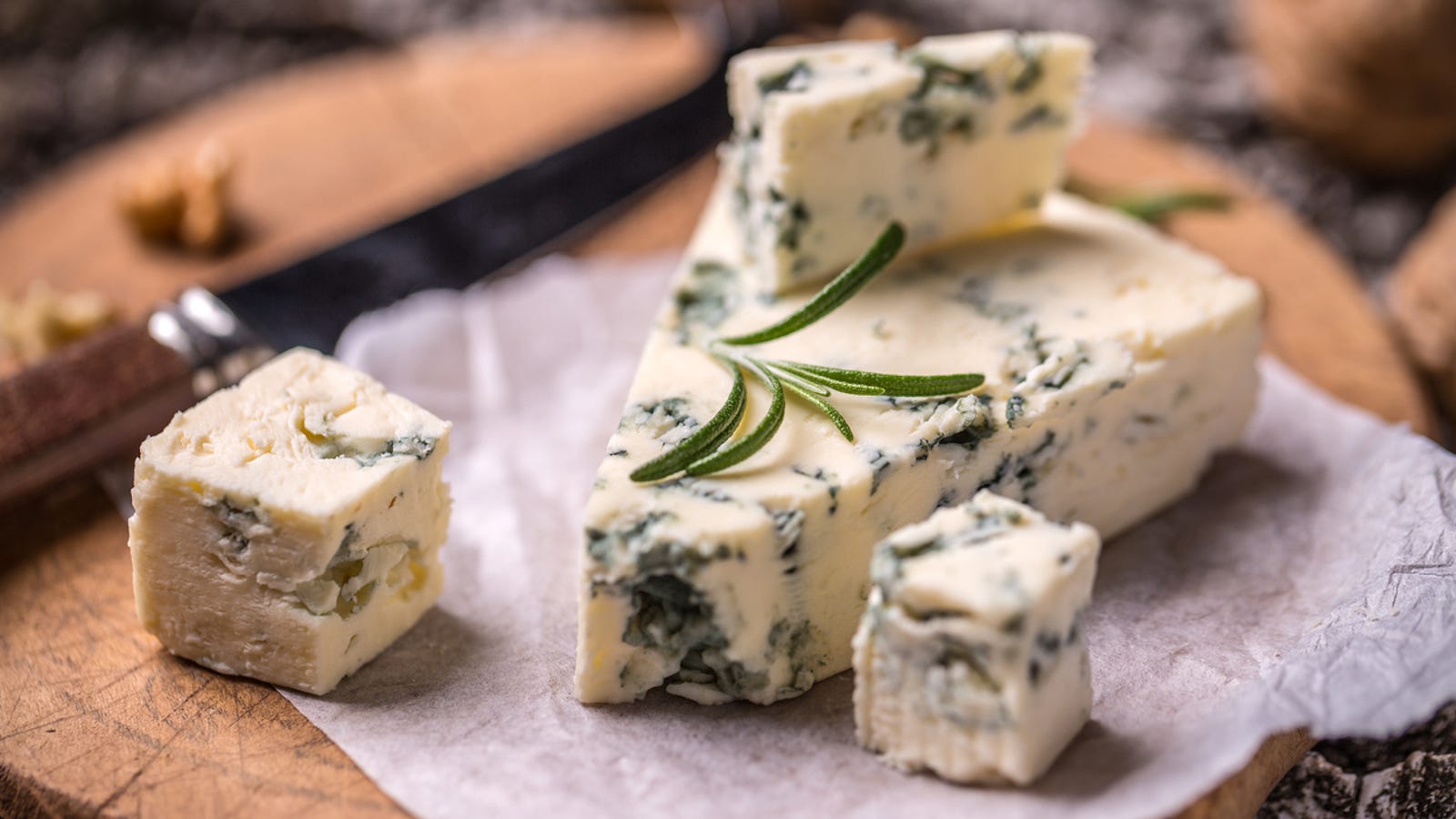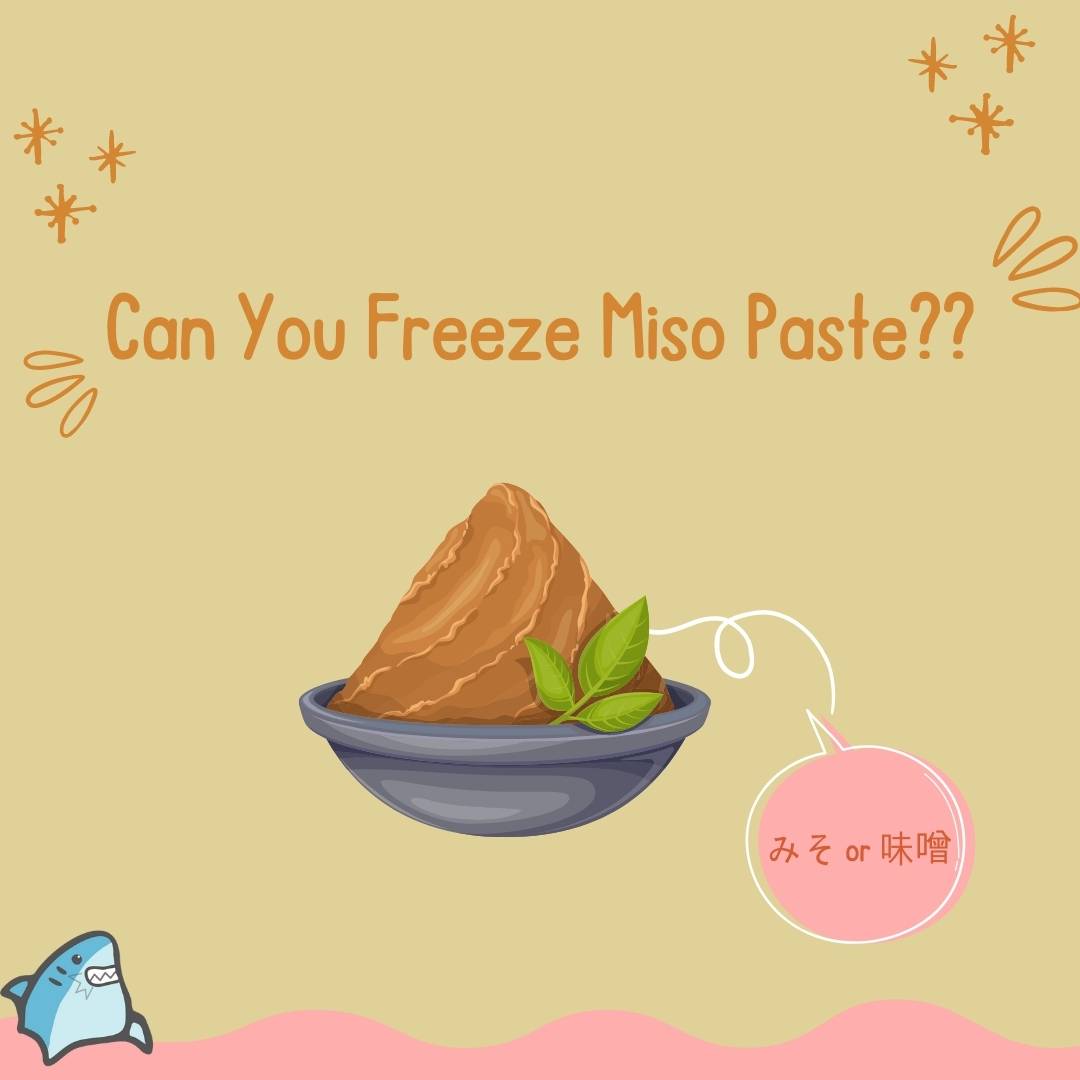
Can You Freeze Stilton Cheese? How To Freeze & Defrost Stilton Cheese
Yes, you can freeze blue cheese. I should warn you that blue cheese is not the best cheese to freeze, though, as low temperatures can kill the mold that flavors and ripens the cheese. That being said, it isn't the worst cheese to freeze either. Since it is relatively hard and not soft, it can be frozen. Because of the moisture content of blue.

Can You Freeze Ricotta Cheese? Ricotta cheese, Ricotta, Freezing cheese
Last but not least, freeze grated blue cheese in a freezer bag. Sliced blue cheese in a freezer bag. Finalize packaging. Remember to always remove air from the bag before sealing it. If you're worried that the cheese might get squashed, feel free to put that bag in a plastic container for extra safety. If you find it helpful, add a label with.

How can you tell if blue cheese has gone bad?
Yes, you can freeze soft blue cheese such as Danish Blue. Softer blue cheeses can change in texture when frozen, so are best used in cooking and sauces after freezing. Blue cheese can be frozen for up to six months, however, the longer it is frozen the more it can begin to lose its flavour and texture. So, if possible, blue cheese should be.

Can You Freeze Miso Paste? All Day I Eat Like A Shark
What Is Stilton? Stilton is a richly flavored, iconic English cheese with a crumbly yet buttery texture that melts on the tongue. The cheese first became well known in the early 18th century and was first factory-made in the late 19th century. Stilton can only be produced in the counties of Derbyshire, Leicestershire, and Nottinghamshire.

29 Stilton Cheese Recipes I Can’t Resist Happy Muncher
It is made in a way similar to its cousin, blue cheese, but no mold spores are added and it is sold at four weeks of age. It has a crumbly, yet creamy, texture and is a versatile cheese, used in both main dishes and desserts. Unlike many cheeses, Stilton may be frozen with excellent results as long as it is done properly.

Morrisons Blue Stilton Cheese, 220g Amazon.co.uk Grocery
Here's a comprehensive guide on freezing Stilton cheese: Step 1: Choose fresh and quality Stilton cheese. Step 2: Portion and wrap the cheese. Step 3: Double wrap for added protection. Step 4: Label the packages. Step 5: Arrange in the freezer. Step 6: Store at the right temperature. Step 7: Thaw and use.

Can You Freeze Swede? Go Cook Yummy
The short answer is yes, you can freeze Stilton cheese, but there are certain considerations to keep in mind. When freezing Stilton cheese, it's important to store it properly to maintain its quality. The texture of the cheese may change slightly after freezing, but if done correctly, it can still be used in various dishes.

Blue Cheese Cold Storage Preserving Blue Cheese in the Freezer
First, remove it from the freezer and place the blue cheese in the refrigerator for several hours or overnight. Once thawed completely, unwrap the blue cheese and let sit at room temperature for about 30 minutes to allow its texture and flavor to develop. Serve with bread or crackers, or crumble into recipes as needed.

Colston Bassett Blue Stilton PDO Cheese Cheese Etc. The Pangbourne
Yes, you can freeze blue cheese, but it comes at a price. The cheese becomes crumbly and loses some of its taste. The quality is good enough to eat for breakfast, but not as good to serve as a part of a cheese platter at a birthday party. Here's blue cheese that I froze and then tried to slice: Thawed blue cheese crumbling.

Can You Freeze Blue Cheese? (Yup, Here's an Easy Way) Can You Freeze
Stilton cheese can dry out and become crumbly when frozen, but with the right freezing techniques, you can enjoy delicious, creamy Stilton cheese even after it's been frozen. In this blog post, we'll explore the best ways to freeze Stilton cheese, as well as tips for thawing it out and making the most of it in your cooking.

Can You Freeze Cheese? (A TasteTest Experiment) Delishably
Blue cheese freezes well. Yes, you really can freeze it safely. You can also freeze blue cheese crumbles. This goes for any type of blue cheese, so if you're wondering can blue Stilton be frozen, can Gorgonzola cheese be frozen, can Rogue River blue cheese be frozen and all the other blue cheeses, then the answer is yes, yes, yes, it all can.

Can You Freeze Stilton Cheese? [3 VITAL Tips] Freeze It
Can You Freeze Stilton Cheese: The well-liked blue cheese Stilton is known for having a distinct flavor and texture. It has a distinctive blue veining throughout and is manufactured from cow's milk. It has a tangy, nutty flavor.

Stinky Tofu How to Cook It Fine Dining Lovers
To freeze blue cheese crumbles, portion them into airtight freezer-safe containers or resealable freezer bags. Make sure to remove excess air, seal tightly, and label with the date. When ready to use, thaw the frozen blue cheese crumbles in the refrigerator and consume within a reasonable time for the best quality.

Blue Stilton How It's Made And What Are The Best English Blue Cheeses
Place the wrapped blue cheese in a freezer bag and set it in the freezer. Both aluminum foil and plastic wrap reflect light and oxygen from coming in contact with the cheese. Light and oxygen are responsible for premature food spoilage. Freeze shredded mozzarella cheese and other cheeses in much the same way as blue cheese.

Long Clawson Stilton Blue Cheese Quarters 1x2kgnm on OnBuy
Stilton. Stilton is a type of blue cheese made from cow's milk and originates from the united kingdom. It has a creamy and crumbly texture with a milder flavor than many other blue cheeses. Stilton is also an excellent choice for freezing since it has a high-fat content that makes it less likely to crumble.. Yes, you can freeze blue cheese.

POTTED BLUE STILTON Cheese Shop
Now that you know you can freeze blue cheese, you're probably wondering how long frozen blue cheese lasts in the freezer, before going bad. Well, blue cheese should last a long time the freezer. After 6-8 months of freezing, the flavour and texture of frozen blue cheese will start to be affected. It'll still be safe to eat after that, although.